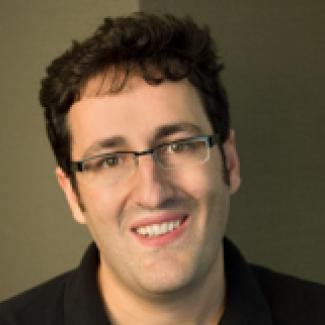
About
Cryptography is one of the best examples in computer science of a successful interaction between theory and practice. Modern electronic commerce wouldn't be possible without public-key cryptography and digital signatures, both of which originated from the theoretical research community. In the 21st century, new technological paradigms such as cloud computing, blockchains, the rise of machine learning, and progress on quantum computing have led to the emergence of new real-world security concerns at a larger scale than ever before. New advances in cryptography are required to address these challenges.
In Summer 2015, the Simons Institute hosted a program on Cryptography, with the goal of building a richer and more vibrant scientific community. The program brought together cryptographers at an unprecedented scale. It was a resounding success, and many of the subsequent developments in the field of cryptography in the past decade, including several breakthrough results, can be traced back to interactions that started in this program.
Ten years later, the time is ripe for a new broad program on cryptography, bringing together cryptographers from different institutions and backgrounds to encourage cross-disciplinary collaborations that will help shape the future of the field. This program is guided by three main themes: cryptographic obfuscation, efficient proof systems, and secure computation. These themes represent central research areas in cryptography that have recently seen some exciting developments. This program also explores parallel themes that strongly interact with each of these main themes: post-quantum and quantum cryptography, interactions between cryptography and other TCS areas, minimizing cryptographic assumptions, and minimizing the computational complexity of cryptography.
This research program is funded in part by an Amazon Research Award, an award from the UC Noyce Initiative, and contributions from NTT Research and Stellar Development Foundation.
 .
.








